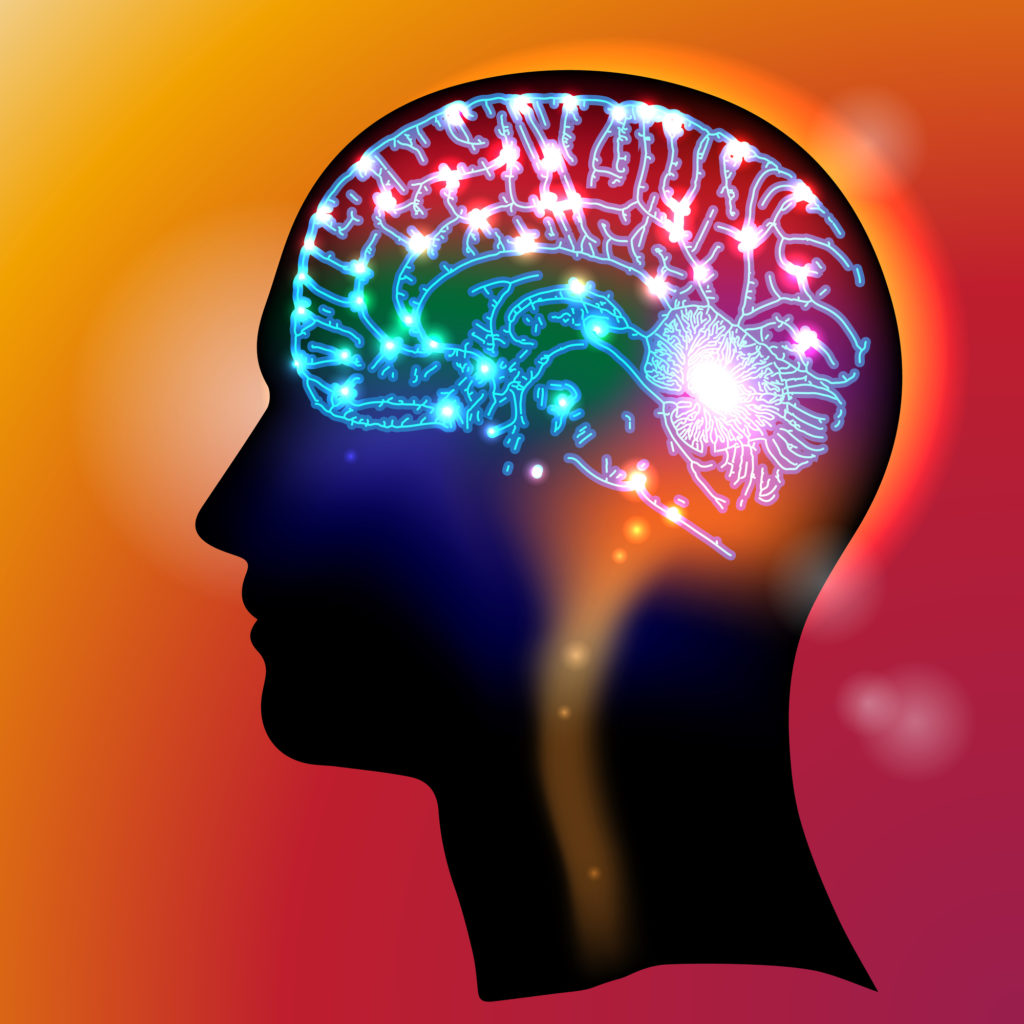So you and your partner are struggling. You feel like you’ve tried everything you could to make it work, including traditional relationship counselling, but you’ve had no luck.
Is it over? Is this the end? Or is there something else you can do to get your relationship back to where you want it?
It may be time to try alternative relationship counselling or NeuroCounselling. If you’re not sure what this is or how it will help, read on.
What Is Neurocounseling?
Neurocounseling has to do with research about humans’ neurobiology to better understand behaviours, patterns, and personalities.
Because of this type of research, Neurocounsellors are better able to specifically target each individual instead of focusing on overall human emotions that may not be specific enough. It also targets research about the human brain and physiology in counselling.
The key to neurocounselling is targeting neuroplasticity.
How Can Neurocounselling Help My Relationship?
Neurocounseling approaches counselling in a very different way than other practices or other relationship counselling services. Because it targets each individual, the root of the couple’s issues can then be targeted.
1. Reduce Anxiety
One of the biggest things that this alternative relationship counselling can do for your relationship is reduced anxiety in each individual.
Since anxiety produces fearfulness, worrying, and irritability, it can start to affect a relationship. But with Neurocounselling techniques, they can lessen the symptoms to help the individuals in the relationship cope with their own emotions and their partner’s.
The counselling will help pinpoint individual triggers so that you can learn how to cope with the feelings and calm yourself down.
2. Improve Attention and Focus
An important aspect of every relationship is listening to each other when you both need it. But if your brain functioning struggles to do this, your relationship will be affected. Getting to the core of this will ultimately benefit your relationship, which is where Neurocounselling comes in.
A lack of focus and attention can create a disorganized and easily-distracted person. This is obviously not great for a relationship. Neurocounseling will train parts of the brain to specifically target focus and concentration. Through various practices with the training, patients will eventually be able to maintain focus without having to try too hard.
3. Boost Motivation and Energy
A lack of motivation and energy in a relationship can cause an abundance of issues between partners. That’s why learning to boost motivation can be vital to saving a relationship. Incorporating this into relationship counselling is a must.
Just as Neurocounselling targets parts of the brain to improve attention and focus, the same goes for boosting motivation and energy.
In a relationship, if there is a lack of motivation, this could also start to affect the motivation to please the other. So it can be difficult for the relationship to stay afloat. Targeting energy first will eventually boost motivation and get the relationship back on track.
4. Build Emotional Resilience
Since nearly one in five people in Australia lives with a mental health issue, every other relationship has an individual who may be struggling with their mental health.
Learning how to build emotional resilience and balance emotions can help improve a relationship. The rewiring of the neurons in the brain through continual training and learning (the use of neuroplasticity) can be used to build emotional resilience.
With stronger emotional resilience comes stronger relationships because each individual is more confident in themselves and is able to overcome struggles and conflicts. There is an ability to let go of the smaller stuff and talk through the larger issues. Without this resilience, many couples would engage in stonewalling or ignoring each other for days out of frustration and anger.
5. Treats PTSD Symptoms
Almost a million people in Australia have been diagnosed with suffering from PTSD, or Post-Traumatic Stress Disorder.
If someone in a relationship is struggling with PTSD, it can be difficult to maintain a healthy relationship without fear, stress, anxiety, and fleeing when things get tough or scary.
Through brain mapping techniques, researchers can find which parts of the brain suffer from PTSD. From there, Neurocounsellors can work with the patient to relieve these symptoms and retrain the brain.
Once the brain is retrained, relationships are better able to move forward together without the constant fight or flight reactions that may occur otherwise.
6. Reduce Depression Episodes
Most people in their lifetime will go through times of great sadness or minor depressive episodes. It’s when these episodes last for a prolonged period of time that they become concerning and detrimental to outside relationships.
Through Neurocounselling, patients will have help with their executive functioning. Working on mental skills like memory, self-control, and flexible thinking can reduce the symptoms of depression.
Because of this, relationships can improve drastically once the focus can be on both of them rather than helping one individual feel better.
Neurocounseling: Choose Alternative Relationship Counselling
You may feel like you are at the end since no type of relationship counselling advice has seemed to help. But the good news is that there is another type of relationship counselling that can help you! This is where Neurocounselling comes in.
By targeting the brain and the neurons within the brain, this type of counselling can improve the individual. From there, the relationship can have a more holistic approach.
Ready to try this to save your relationship? Contact us so we can get you in for an appointment and better your relationship as quickly as possible.





